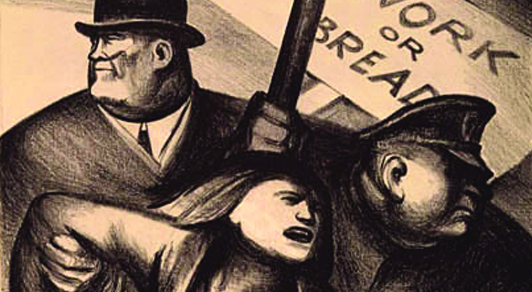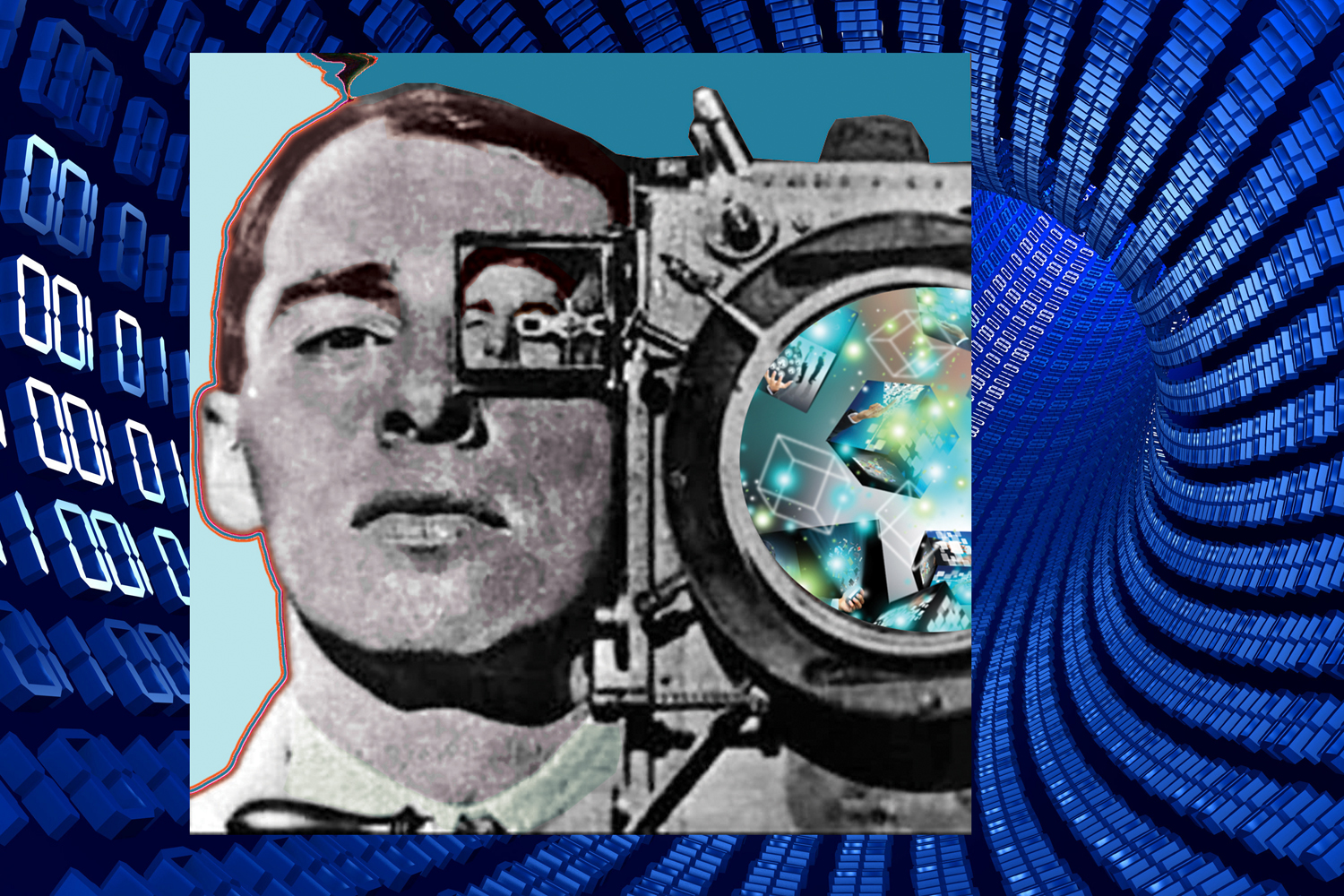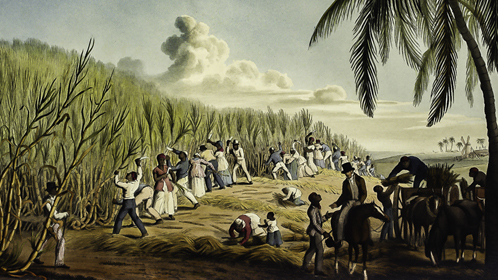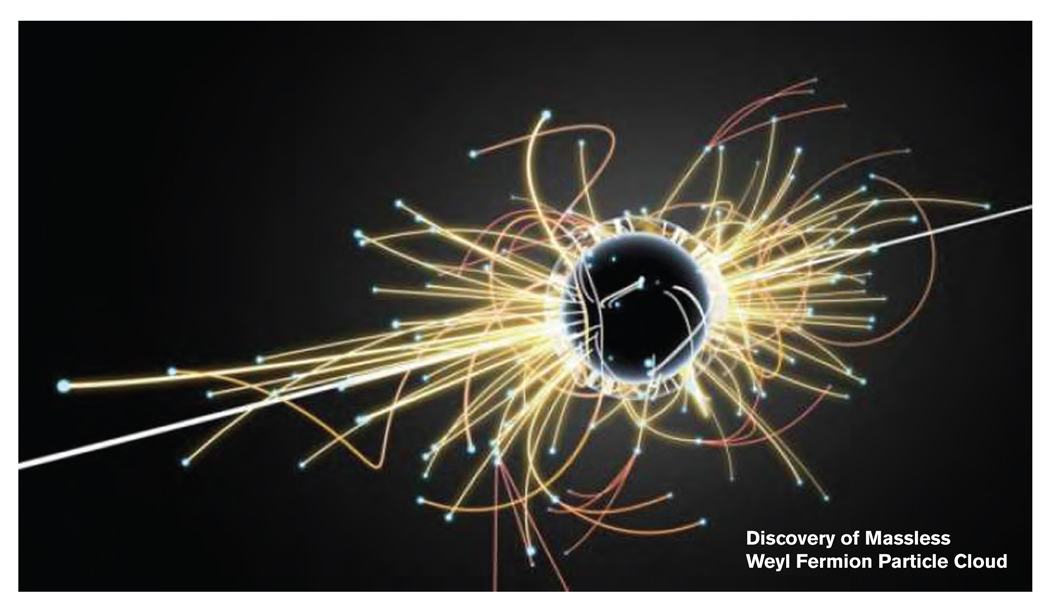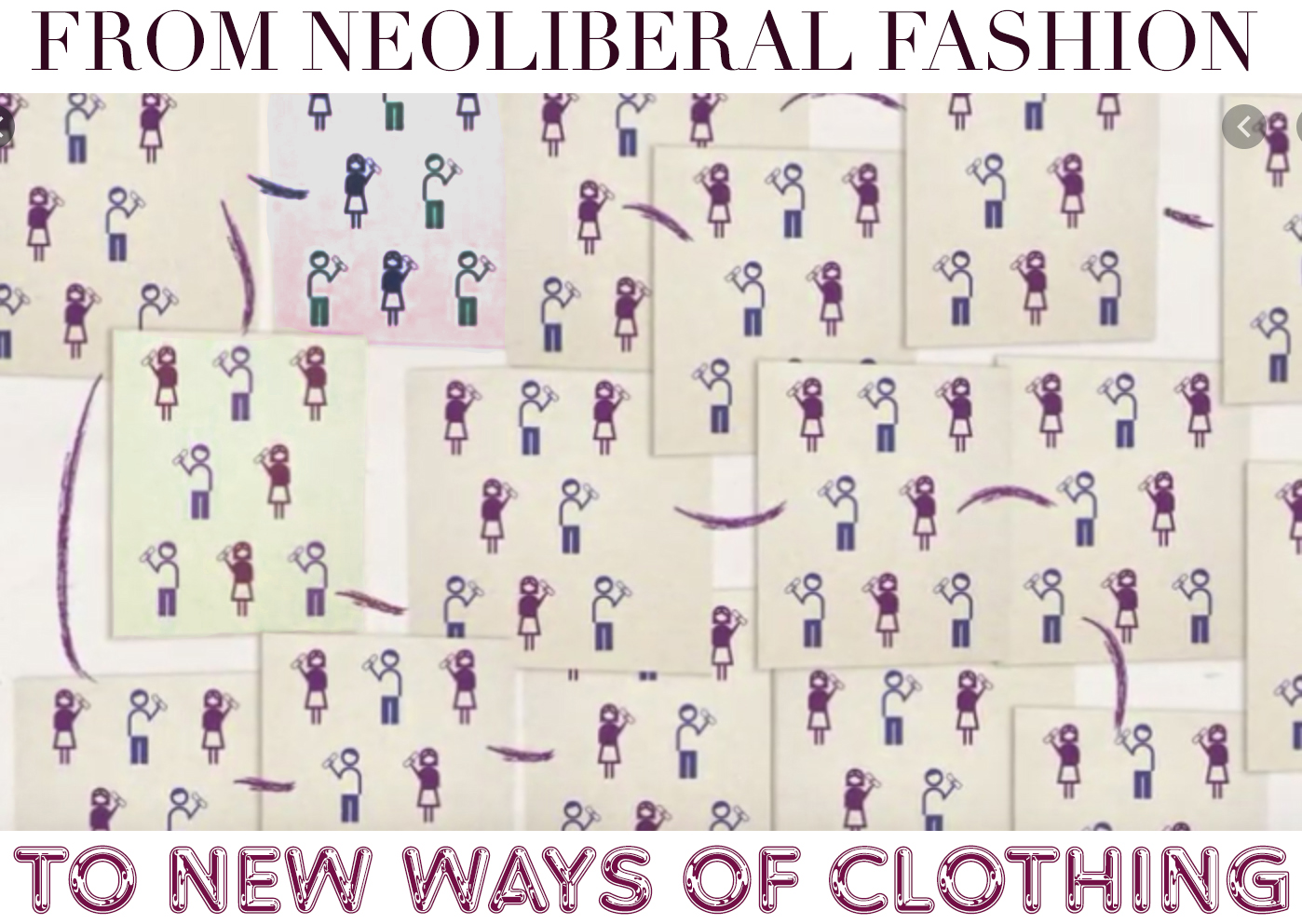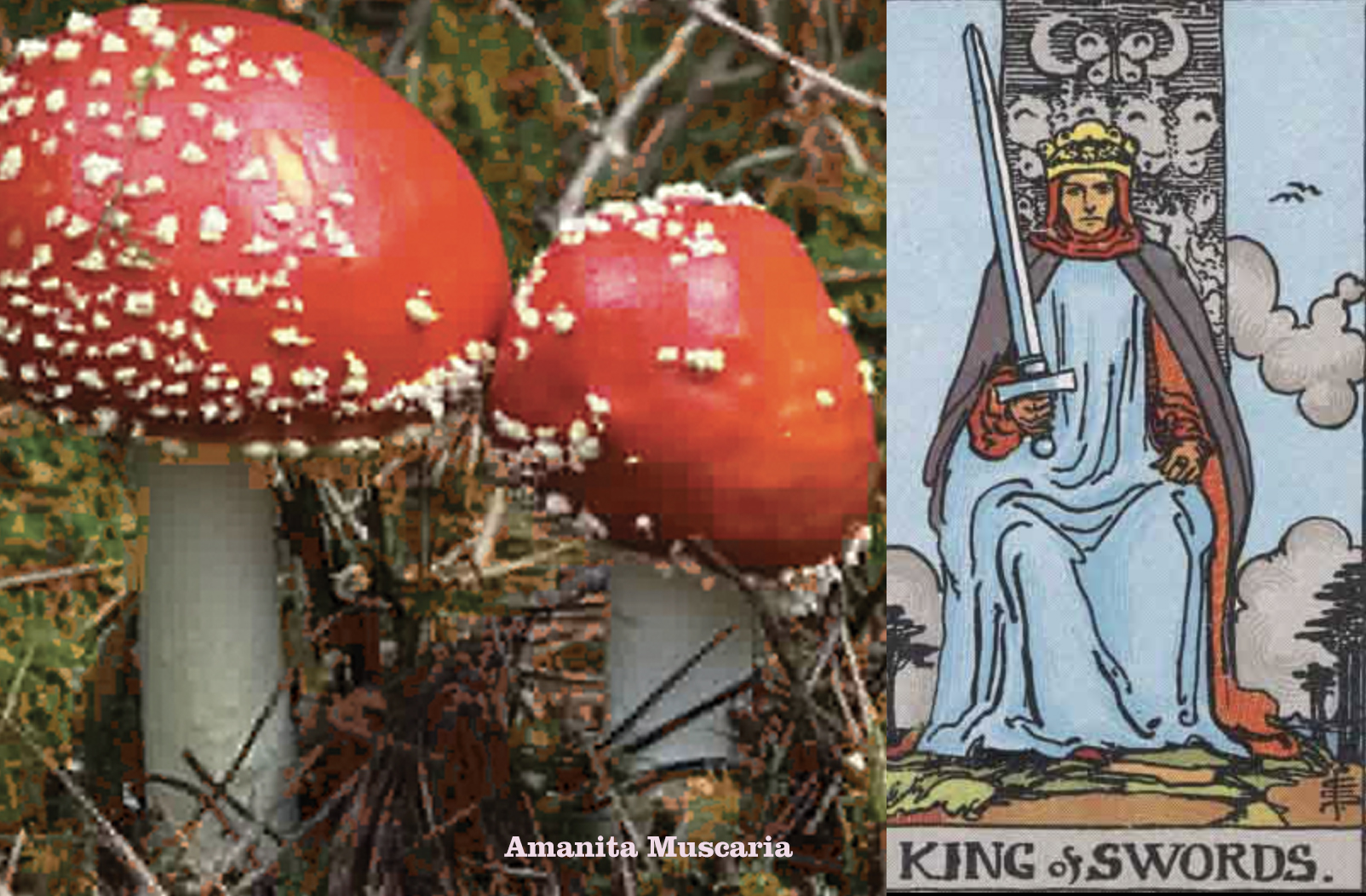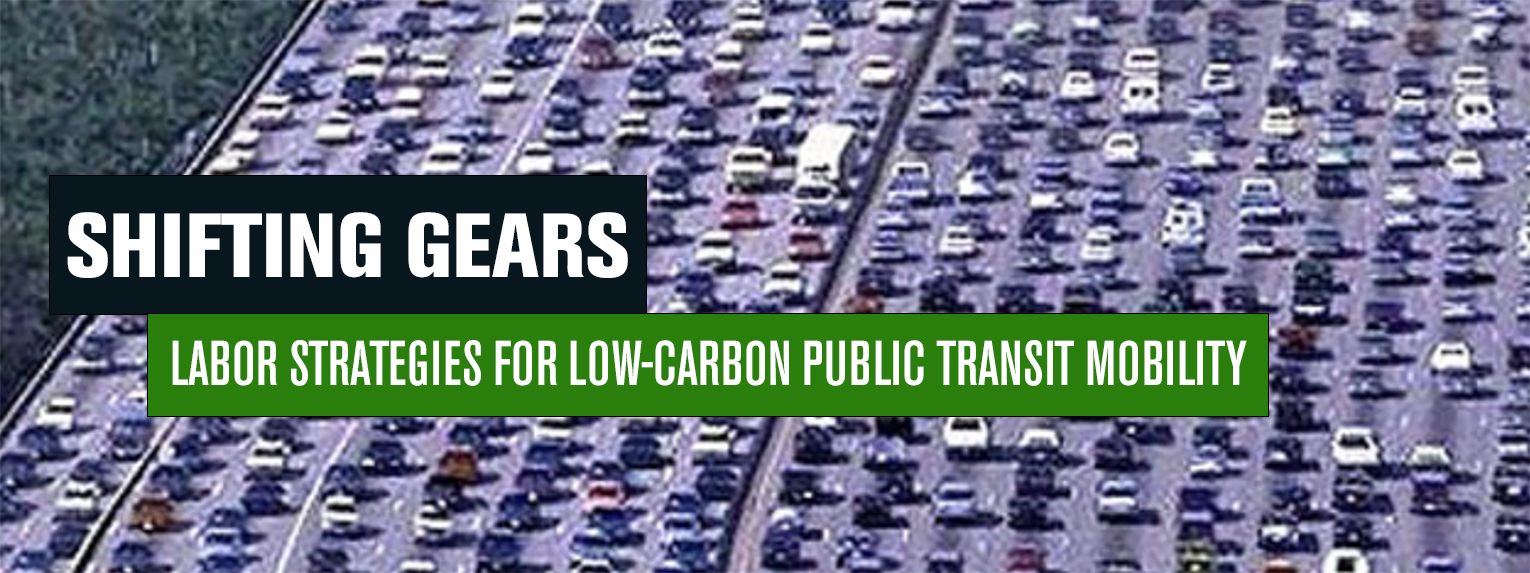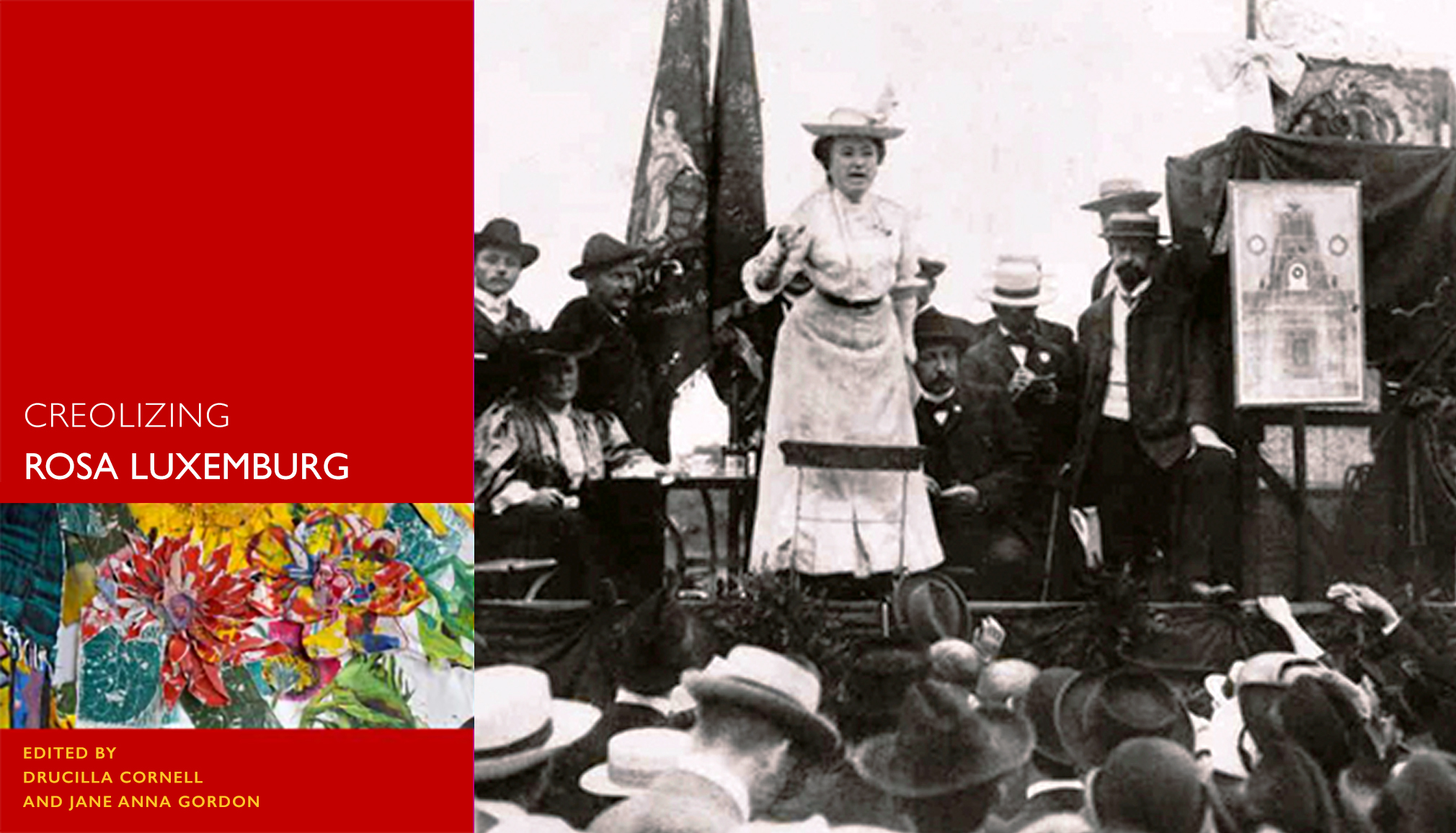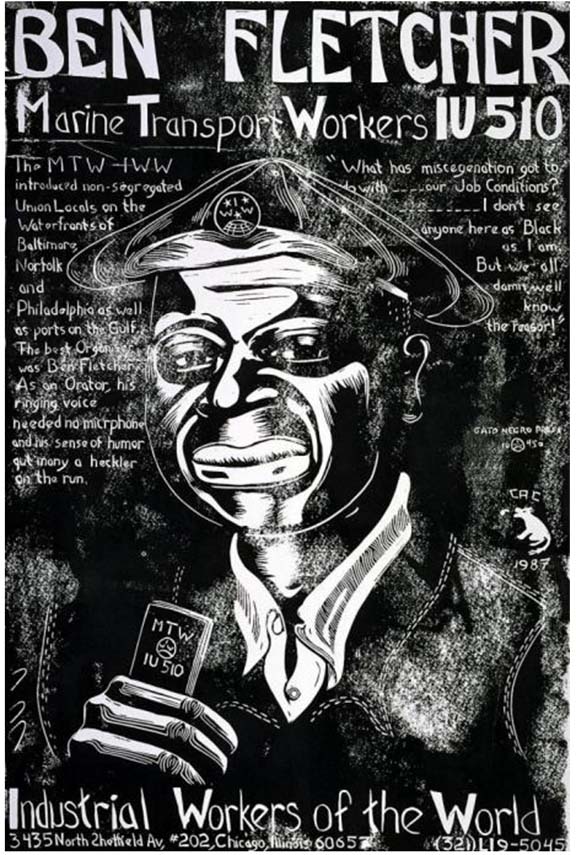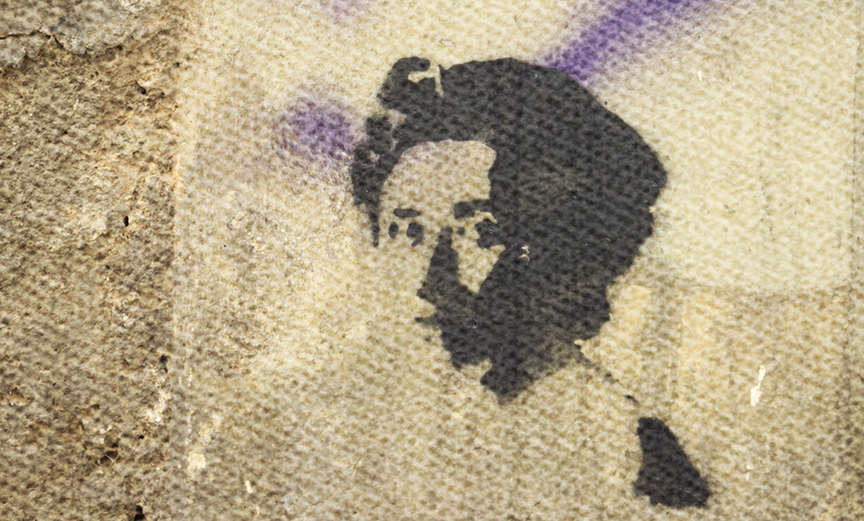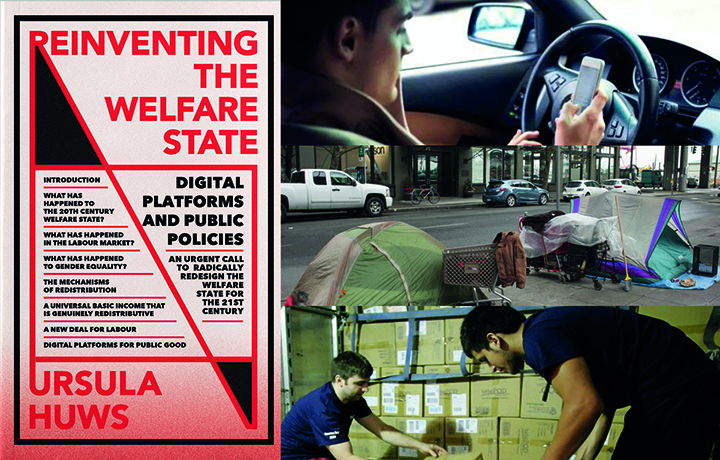Capital, Volume 1, Part 2
Online: Zoom link will be provided to registered participantsSession 2 will complete the analysis of Part I: Commodities and Money, starting with Chapter 2: The Process of Exchange followed by the historical development of the money form in the circulation of commodities. This in turn leads to the Transformation of Money into Capital, positioning the reader to analyze the specific social relations of capitalist production (wage labor and owners of capital) in relation to the forces of production, the means of production.
Working Class Cinema in the Age of Digital Capitalism
Online: Zoom link will be provided to registered participantsWhy does the story of cinema begin with the end of work? Is it because, as has been suggested, it is impossible to represent work from the perspective of labor but only from the point of view of capital, because the revolutionary horizon of the working class coincides with the end of work? After all, the early revolutionary art avant-garde had an ambiguous relationship with capitalism: it provided both a critique of commodification while also reproducing the commodity form.
Blood and Money
Online: Zoom link will be provided to registered participantsThe birth and development of capitalism since its origins in the fifteenth century is entirely bound up with the subordination of racialized peoples. Even before capitalism arose – in a process Marx termed the “so-called primitive accumulation” – money and markets were implicated in the rise and fall of states and empires that conquered and enslaved vast numbers of human bodies. This group will address these histories and their persisting consequences. We will read and discuss David McNally’s Blood and Money: War, Slavery, Finance, and Empire and Jairus Banaji’s The History of Commercial Capitalism among other works.
Engels and the Dialectics of Nature
Online: Zoom link will be provided to registered participantsThis class will journey into quantum physics and 21st-century cosmology as background for a study of dialectics in natural science and philosophy. Readings include Engels’ Dialectics of Nature and excerpts from other philosophers and scientists writing since Engels.
Capital, Volume 1, Part 2
Online: Zoom link will be provided to registered participantsSession 2 will complete the analysis of Part I: Commodities and Money, starting with Chapter 2: The Process of Exchange followed by the historical development of the money form in the circulation of commodities. This in turn leads to the Transformation of Money into Capital, positioning the reader to analyze the specific social relations of capitalist production (wage labor and owners of capital) in relation to the forces of production, the means of production.
Blood and Money
Online: Zoom link will be provided to registered participantsThe birth and development of capitalism since its origins in the fifteenth century is entirely bound up with the subordination of racialized peoples. Even before capitalism arose – in a process Marx termed the “so-called primitive accumulation” – money and markets were implicated in the rise and fall of states and empires that conquered and enslaved vast numbers of human bodies. This group will address these histories and their persisting consequences. We will read and discuss David McNally’s Blood and Money: War, Slavery, Finance, and Empire and Jairus Banaji’s The History of Commercial Capitalism among other works.
From Neoliberal Fashion to New Ways of Clothing with Jerónimo Montero Bressán
Online: Zoom link will be provided to registered participantsThe way clothes are produced, traded and sold today around the world reflects many of the problems today’s capitalism poses to the working classes, with deleterious consequences for the environment as well. Global supply chains, in which non-finished goods flow back and forth around the world so that brands and retailers can increase their profits, dominate the landscape of this industry.
Jesus Christ: Prince of Peace or King of Swords with Shane Mage
Online: Zoom link will be provided to registered participantsThe Gospels...have absolutely no presumptive value as history. But neither are they pure fiction despite the patent absurdity of the whole Christian theology built upon them and their obviously falsified passages (especially the blood-libel of Jewish Deicide) designed to justify the inherently antisemitic nature of that Christian theology.
Engels and the Dialectics of Nature
Online: Zoom link will be provided to registered participantsThis class will journey into quantum physics and 21st-century cosmology as background for a study of dialectics in natural science and philosophy. Readings include Engels’ Dialectics of Nature and excerpts from other philosophers and scientists writing since Engels.
Shifting Gears with Sean Sweeney and John Treat
Online: Zoom link will be provided to registered participantsSean and John will take a global look at road transport to envision urban transport systems that are organized on a “public goods” basis. They argue that the incursions of private corporations such as Uber and Lyft could be repelled, at least partially, by improved access to high quality public transport. At the same time, given the car-dependent development of peri-urban and rural areas, and the likely expansion of urban space in the coming decades (especially in the Global South), advocates of public transport will want to explore how “occupying the platforms” through public car-sharing schemes might meet these needs as part of municipal or communally owned fleets.
Engels and the Dialectics of Nature
Online: Zoom link will be provided to registered participantsThis class will journey into quantum physics and 21st-century cosmology as background for a study of dialectics in natural science and philosophy. Readings include Engels’ Dialectics of Nature and excerpts from other philosophers and scientists writing since Engels.
Introducing Creolizing Rosa Luxemburg with Drucilla Cornell and Jane Gordon
Online: Zoom link will be provided to registered participantsRosa Luxemburg offered reflections that can usefully be taken up and reworked by writers facing continuous and new challenges to undo relations of exploitation through radical economic and social transformation Luxemburg touches on all aspects of what constitutes revolution in her work; the authors of this volume show us that, by creolizing Luxemburg, we can open up new understanding of the complexities of revolution.
Ben Fletcher: The Life and Times of a Black Wobbly with Editor Peter Cole
Online: Zoom link will be provided to registered participantsIn the early twentieth century, when many US unions disgracefully excluded black and Asian workers, the Industrial Workers of the World (IWW) warmly welcomed people of color, in keeping with their emphasis on class solidarity and their bold motto: “An Injury to One Is an Injury to All!” Ben Fletcher: The Life and Times of a ... Read more
Creolizing Rosa Luxemburg: Session 2—Debating Revolutionary Nationalism
Online: Zoom link will be provided to registered participantsAlyssa Adamson, Drucilla Cornell, and Pater Hudis will critically revisit debates over the potential revolutionary value of nationalism through exploring different stages of the Global Southern reception of Rosa’s thoroughgoing internationalism.
Reinventing the Welfare State with Ursula Huws (Pluto FireWorks Series)
Online: Zoom link will be provided to registered participantsIn “Reinventing the Welfare State: Digital Platforms and Public Policies” Ursula Huws proposes a welfare state infused with social justice and equality, including a redistributive UBI (Universal Basic Income), decommodification of platforms and also universal workers' rights. With positivity and rigour, she outlines a ‘digital welfare state’ for the 21st century, which would involve a repurposing of online platform technologies under public control to modernize and expand public services, and improve accessibility.

